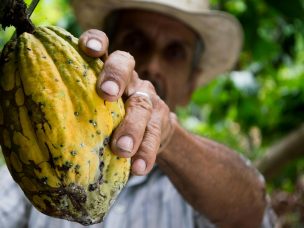WEDNESDAY, March 3, 2021 (HealthDay News) — Women with type 1 diabetes (T1D) experience a shorter reproductive period than women without T1D, according to a study published online March 1 in Menopause.
Yan Yi, M.P.H., from the University of Pittsburgh, and colleagues compared the length of the reproductive period among 105 women with childhood-onset T1D (diagnosed in 1950 to 1980) from the prospective Epidemiology of Diabetes Complications study and 178 women without diabetes from the Study of Women’s Health Across the Nation.
The researchers found that compared with women without T1D, those with T1D were younger, were more likely to be White and never smokers, had a lower body mass index, and had higher high-density lipoprotein cholesterol levels. Women with T1D were older at menarche (0.5-year delay) but younger at natural menopause (−2.0 years) after adjustment for covariates. Compared with those without diabetes, women with T1D experienced 2.5 fewer reproductive years. These findings were limited to the subgroup of 80 women who were diagnosed with T1D before reaching menarche.
“Our data suggest that women with type 1 diabetes have a shorter reproductive period compared with nondiabetic women,” the authors write. “Given the high likelihood of experiencing early menopause in type 1 diabetes, and the enormous impact on health associated with early menopause, further studies are needed to determine modifiable factors that contribute to early menopause to improve reproductive health in women with type 1 diabetes.”
Abstract/Full Text (subscription or payment may be required)









